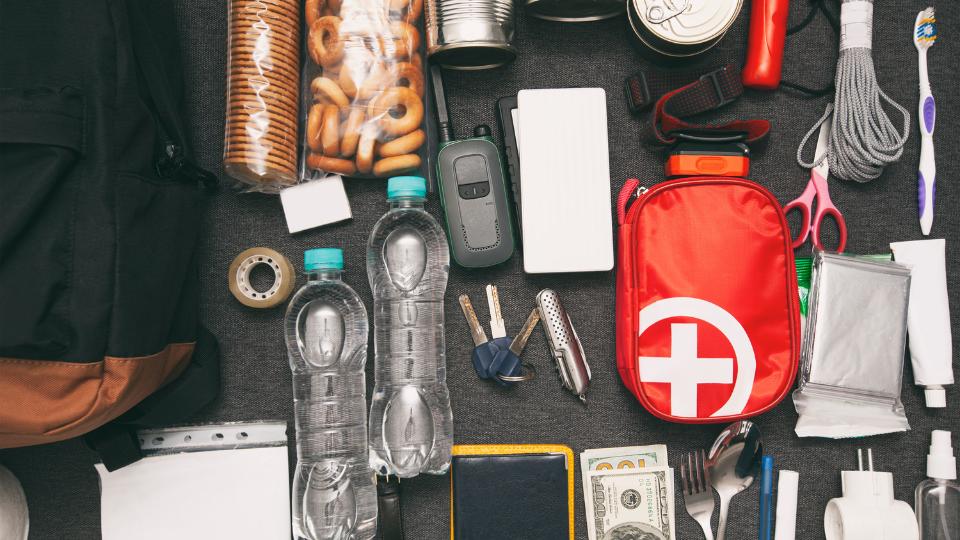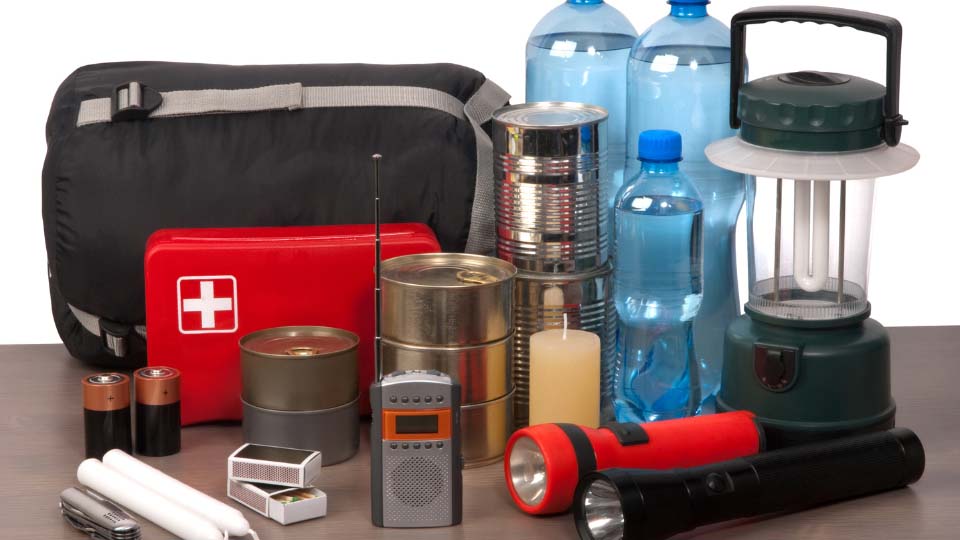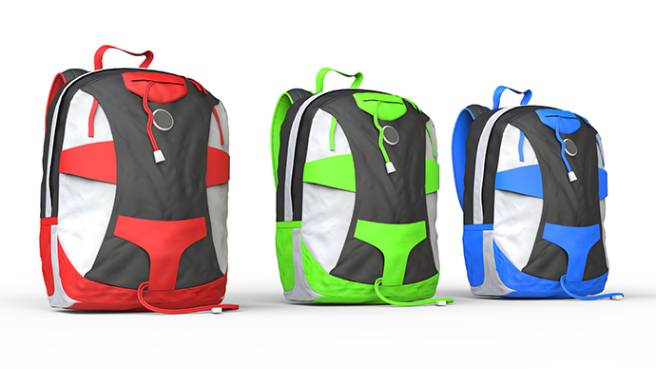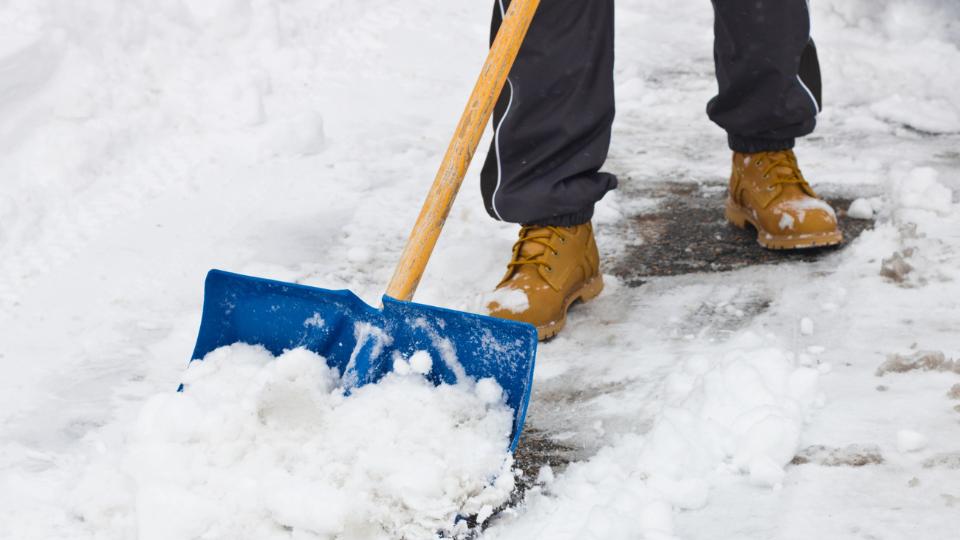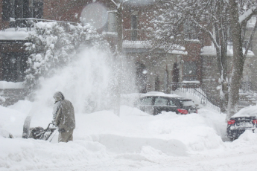August 22, 2023
Flood Preparation: Before, During, and After
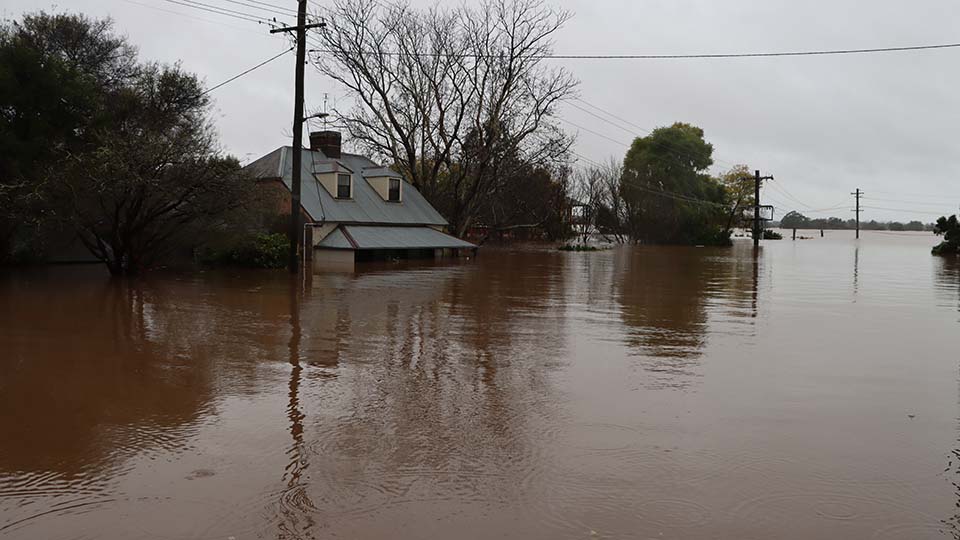
Floods are one of the most common and devastating natural disasters, capable of causing widespread destruction to homes, infrastructure, and communities. Being prepared for a flood can make a significant difference in ensuring the safety of your loved ones and the preservation of your property. This USU Extension resource is designed to equip you with essential information, practical tips, and actionable steps to help you and your family stay safe and resilient in the face of a flood.
Before
- Be informed.
- Register your phone to receive emergency notifications (if available in your city or town).
- Prepare with flood insurance.
- Review your current insurance policies.
- Homeowner insurance policies do not cover flood damage. You must have a separate policy.
- You can get flood insurance policies that will cover flood damage with as little as a 15-day waiting period before the policy covers flood damage.
- Flood insurance policies generally do not cover water damage due to seepage (water coming into the structure from groundwater).
- Maintain a current inventory of your belongings with photos or videos if possible.
- Just one inch of flood water could cause $25,000 of damage to your home.
- Review your current insurance policies.
- Prepare your house.
- Conduct a home hazard hunt to identify and fix potential risks.
- Store or secure outdoor items like trash cans, patio furniture and lawnmowers.
- If you have a sump pump, make sure it’s working.
- Clear your gutters and downspouts.
- Move valuables to higher ground.
- Acquire sandbags and know how and where to place them.
- Know where your utility (water, gas, and electric) valves and switches are and how to turn them off if needed (never turn off the gas unless you can smell it).
- Prepare for power outages.
- Keep battery-operated equipment and devices charged.
- Have an adequate amount of gas on hand for a generator.
- Keep warm clothing and blankets on hand.
- Prepare to shelter in place.
- Have an evacuation plan.
- Have an up-to-date 72-hour kit that is easily accessible.
- Store a minimum of 14 gallons of clean water per person.
- Create a family communication plan.
- Maintain three months’ worth of food and supplies.
- Make a plan to care for the needs of pets, children, people with disabilities, and the elderly.
During
- Do not walk, swim, or drive through flood waters.
- A car can be swept away in as little as two feet of water.
- A person can be swept away in as little as six inches of water.
- Stay in your car if it is in flowing water.
- If your car is filling with water, escape to the vehicle’s roof.
- Get information from a reliable source.
- News agencies.
- City and county government.
- Government websites.
- Monitor the NOAA weather radio and websites.
- Don’t rely on social media for updates unless it is a reliable source.
- Follow instructions from public safety officials.
- Move to higher ground.
- Do not pump water into the sewer system. Excess water can cause the sewer system to fail.
- Stay away from damaged power lines.
After
- Do not enter areas with standing water.
- Use good hygiene and sanitation practices.
- Avoid areas with possible contamination and dangerous debris.
- Only use generators and other gasoline-powered machinery outdoors.
- Be aware of scams and fraudulent contractors.
How you can help
- Become a Community Emergency Response Team (CERT) volunteer.
- Become first aid and CPR trained.
- Become a licensed amateur radio operator.
- Track your volunteer hours and submit the information to your city, as cities and counties can potentially get financial support from FEMA with reported volunteer hours.
Be Ready Utah states:
- Make a plan.
- Get a kit.
- Be informed.
- Get involved.
Resources
- Mass.gov (2023). Flood Safety Tips. https://www.mass.gov/info-details/flood-safety-tips
- Be Ready Utah https://beready.utah.gov/utah-hazards/flood/
- FEMA (n.d.). Be Prepared for a Flood. https://community.fema.gov/ProtectiveActions/s/article/Flood
August 2023
Utah State University Extension
Authors
Stephanie Carlson, Extension Assistant Professor
Related Articles & Research



